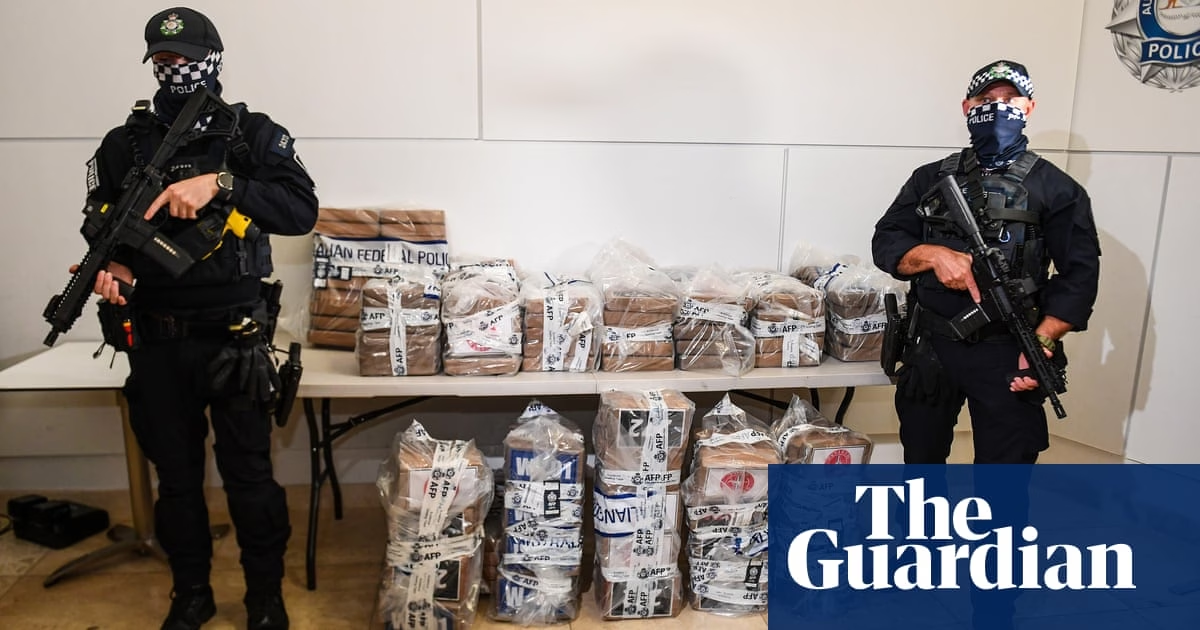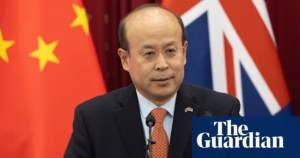In September 2020, the Australian Border Force intercepted 552 kg of cocaine hidden in 2,000 boxes of frozen banana pulp imported from Brazil. Subsequently, in 2022, a diver was found dead with 52 kg of cocaine near the port of Newcastle, New South Wales. He was a Brazilian national who had been trying to recover drugs from a cargo ship’s hull. Both incidents traced back to the First Capital Command (PCC), a crime syndicate founded over 30 years ago in São Paulo’s prison system, which is now one of Brazil’s most powerful criminal organizations.
The PCC has a diversified portfolio across Latin America, including involvement in the cocaine markets and the control of key drug-trafficking routes to Europe. Its operations have significantly expanded to include Australia, where initially, it supplied drugs to local traffickers, but has now become more directly involved in managing its Australian operations. Lt Col Rodrigo Duton, the author of a report by the Australian Strategic Policy Institute, is intrigued by the reach of these Brazilian criminal organizations, emphasizing that if organized crime respects no borders, law enforcement agencies must also follow this global pattern.
Australia’s illicit drug market presents a profitable opportunity for these groups, with a high market demand and stability. The PCC’s first recorded activity in the country was the 2020 banana pulp seizure, though other earlier activities may have occurred. The PCC originated in 1993 as a prison gang in response to the Carandiru Penitentiary massacre where police killed 111 inmates. It expanded from retail drug sales to a nationwide presence, eventually mastering international cocaine exports.
While Europe is its main market, the group has skillfully diversified into Africa and Asia. Its methods for transporting drugs include using shipping containers, preferably carrying frozen goods (to hinder inspections), and employing divers to attach waterproof packages to ships, which are later retrieved.
A diver discovered dead in 2022 was identified as Bruno Borges Martins, who had in Santos, Brazil, been involved in underwater vessel repairs. Santos, home to Latin America’s largest port, plays a crucial role in the PCC’s international drug trafficking operations. Attempts are being made to apprehend another Brazilian man, Jhoni Fernandes Da Silva, Martins’ alleged accomplice, and James Blake Blee, a superyacht tourism operator, was convicted in November 2024 for his role in facilitating the entry of these drugs into the country.
Officials believe the PCC’s presence in Australia is in its early stages but has a potential for significant growth. He recommends stepped-up cooperation between Australian and Brazilian law enforcement, enhanced border security, and a focus on breaking the money-laundering networks as key to curtailing the group’s expansion. On the other hand, Bruno Paes Manso, a researcher, suggests the only viable solution is the regulation of drugs, as the current policy of prohibition and imprisonment has not proven effective.
Source: https://www.theguardian.com/world/2025/feb/27/brazil-gang-cocaine-trade-australia








